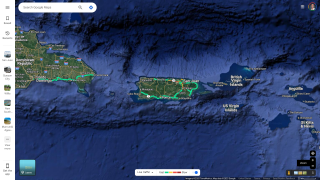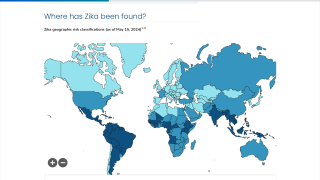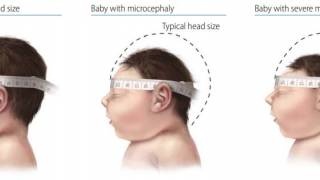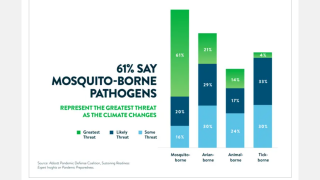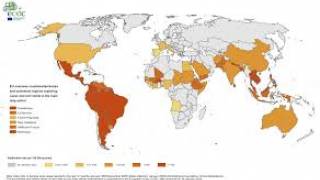Pregnant Women Should Avoid Zika Outbreaks

The current incidence of the Zika virus (ZIKV) is low globally; it has not disappeared. Significant outbreaks are continuing in 2024, especially in countries such as Brazil.
Unfortunately, no approved Zika vaccines are available.
This Meeting Report published by the journal npj Vaccines on May 24, 2024, presents the continuing development of vaccines and monoclonal antibodies (mAb) targeting the ZIKV. These experts say offering Zika immunity products remains a public health priority, especially for women who can become pregnant and who live or travel in ZIKV-endemic regions.
Additionally, ZIKV infections are linked to Guillain-Barré syndrome, neuropathy, and myelitis in both children and adults.
The recent report confirmed that studies have provided substantial proof of concept that antibodies and vaccines can protect against congenital ZIKV infection. In the same model, two mAbs did not eliminate maternal viremia but did limit vertical transmission, protecting the fetus from neurological damage.
Similarly, human IgG treatment controlled Zika viremia in pregnant rhesus macaques.
These researchers wrote, 'Determining clinical and safety endpoints beyond symptomatic infection for Phase III trials will be important and key to encouraging vaccine uptake and using mAbs for prophylaxis and/or treatment.'
Previously, the U.S. Centers for Disease Control and Prevention (CDC) updated clinical management recommendations that confirmed during pregnancy, healthcare providers can monitor the fetus for signs of congenital Zika infection.
For pregnant women with confirmed or possible Zika infection, serial fetal ultrasounds (every 3–4 weeks) should be considered. This is to assess fetal anatomy, particularly fetal neuroanatomy, and to monitor growth closely.
Prenatal ultrasounds should include detailed fetal anatomy to detect brain or associated structural abnormalities that might occur before microcephaly.
Furthermore, as the spreading of Zika-carrying Aedes aegypti mosquitoes accelerates, the health risk is expanding.
As of 2023, autochthonous mosquito-borne transmission of ZIKV has been detected in 89 countries and territories.
Over the last three years, an average of 35 cases have been reported annually in the U.S. territories, with recent cases in Puerto Rico.
As of May 28, 2024, CDC Travel Health Advisories recommend pregnant women should speak with a healthcare provider before visiting Zika outbreaks.
Our Trust Standards: Medical Advisory Committee


